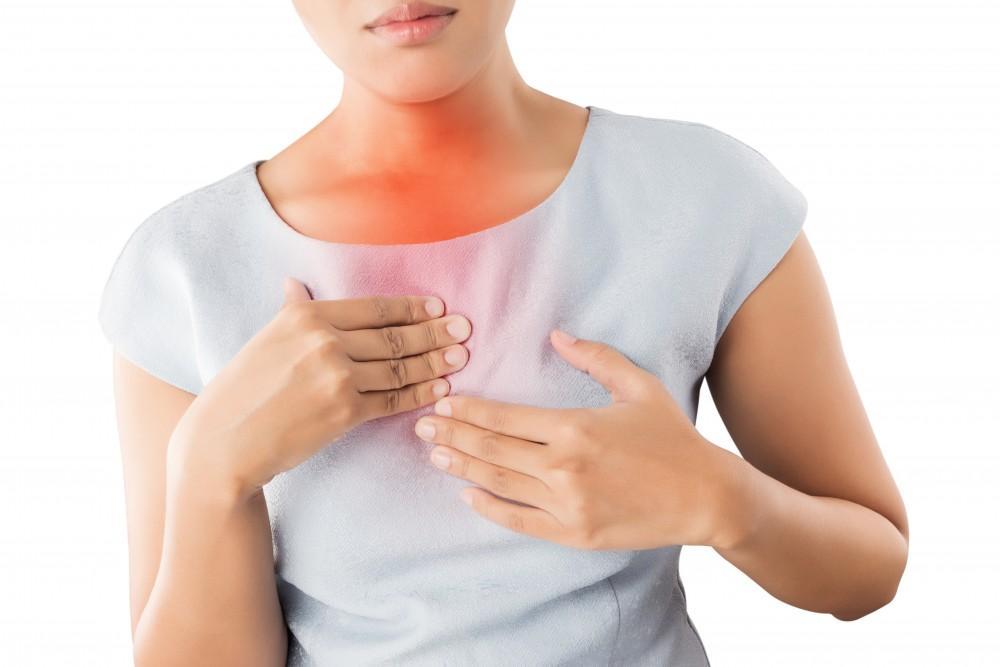What Is Colonic Volvulus?
Colonic volvulus occurs when a section of the large intestine twists on itself, blocking the flow of stool and gas. This twist can cause sudden, severe abdominal pain, bloating, and nausea. If not treated promptly, it may cut off blood supply to the colon and lead to serious complications.
Common Causes and Risk Factors
- Long, mobile segments of the colon that twist more easily
- Chronic constipation or sudden changes in diet
- Older age and neurological disorders (e.g., Parkinson's, multiple sclerosis)
- Pervious abdominal surgeries leading to scar tissue (adhesions)
- Certain medications that slow bowel motility (e.g., opioids)
- ICD-10 code: K56.2
Signs and Symptoms
- Sudden, sharp abdominal pain and cramping
- Visible bloating or distension of the abdomen
- Inability to pass stool or gas
- Nausea, vomiting, and loss of appetite
- In severe cases, signs of shock (rapid heartbeat, low blood pressure)
How Dr. Rishi Chadha Diagnoses Colonic Volvulus?
Dr. Chadha uses a step-by-step approach:
Medical History and Physical Exam
He reviews your bowel habits, past abdominal surgeries, and current symptoms such as pain, bloating, and inability to pass stool or gas.
Imaging Tests
- Abdominal X-rays identify classic coffee bean signs and air-fluid levels.
- CT scans offer detailed views of the twisted colon and assess blood supply to rule out ischemia.
Contrast Enema (if needed)
This fluoroscopic study confirms the location of the twist and can sometimes reduce the volvulus non-surgically.
Frequently Asked Questions
What is colonic volvulus
A twist in part of the colon that blocks stool and gas.
How serious is a colonic volvulus
It can be dangerous if not treated quickly, as it may cut off blood flow to the colon.
What causes colonic volvulus
Long, mobile sections of the colon, chronic constipation, or scar tissue from past surgeries.
How is colonic volvulus diagnosed
With a physical exam, abdominal X-ray or CT scan, and sometimes a contrast enema.
What is the ICD-10 code for colonic volvulus
The code is K56.2.
Can diet help prevent colonic volvulus
Yes. Eating fiber-rich foods, drinking plenty of water, and staying regular may lower the risk.
Is surgery always needed for colonic volvulus
No. Many patients improve after endoscopic detorsion; surgery is reserved for recurrent or severe cases.
What are the main risk factors
Aging, chronic constipation, certain medications, nerve disorders, and prior abdominal surgery.
Whats the recovery like after treatment
Most people recover in a few days. Dr. Chadha will guide your diet, activity, and follow-up care.
When should I go to the ER
If you have sudden, severe abdominal pain and cannot pass gas or stool, seek emergency care immediately.











